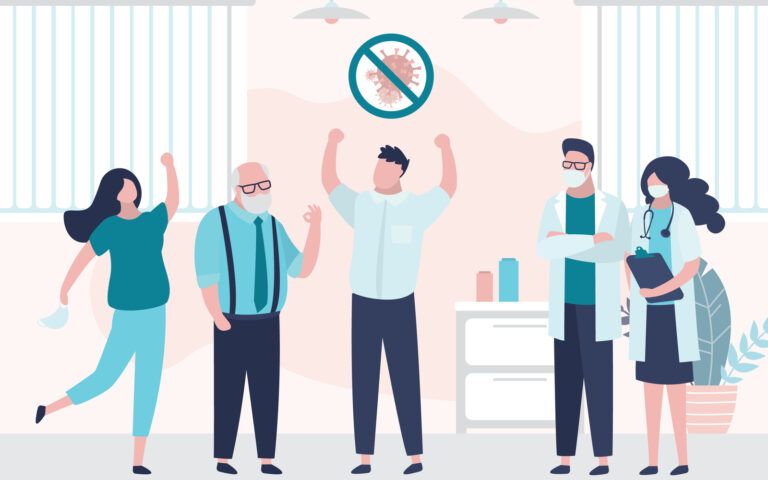Accidents and unexpected diseases sometimes take us by surprise. In such circumstances, receiving fast and adequate medical care takes precedence. Urgent care facilities like MD First Primary & Urgent Care are available to fill that need. Urgent care facilities bridge the gap between emergency departments and primary care physicians by providing prompt assistance for non-life-threatening diseases. But for what conditions may you use urgent care? Let’s examine a few typical ailments handled by urgent care facilities.
Knowing the Function of Urgent Care
People who require immediate but not emergency treatment can be treated at urgent care facilities. They can effectively manage a variety of urgent but non-life-threatening medical problems. Their expanded hours give patients who can’t attend during typical primary care hours more flexibility, and the reduced wait periods are great for those who need help immediately.
- Minor trauma: This covers wounds that need to be stitched up, such as fractures, sprains, strains, mild burns, cuts, and abrasions.
- Respiratory issues: Attacks of asthma, bronchitis, pneumonia, and COPD flare-ups can all be treated at an urgent care facility.
- Digestive issues: Treatment options exist for gastroenteritis, food poisoning, dehydration, and stomach discomfort.
- Infections: Urgent treatment is appropriate for infections of the ear, eyes, skin, urinary system, and sexually transmitted diseases.
- Other non-emergency conditions: Additionally, headaches, allergies, minor eye issues, and post-hospital discharge follow-up treatment are all handled by urgent care facilities.
While urgent care facilities offer first-rate care for various ailments, it’s crucial to remember that they are not a replacement for emergency care. A trip to the emergency department is necessary for life-threatening situations such as acute chest pain, stroke symptoms, extreme bleeding, or shortness of breath. On the other hand, your primary care physician, who is familiar with your medical background, is ideally suited to handle chronic illnesses. Making the appropriate choice when an illness or accident hits depends on understanding each healthcare service’s function.
By offering prompt and accessible medical care for non-life-threatening diseases, urgent care centers serve a critical role in the healthcare system. They fill the gap between primary care and emergency services by providing convenient care outside of typical business hours. Numerous acute diseases and injuries, such as small fractures, infections, allergic reactions, and common ailments, are treated at urgent care facilities. They provide on-site diagnostic services for rapid diagnosis, including X-rays and laboratory tests. The demand for hospitals is lessened by urgent care clinics, which offer cost-effective care and shorter wait times than emergency departments. They provide the community with effective and accessible access to healthcare for those who need immediate medical treatment but do not require emergency services.
Making the Best Medical Decision
Dr. Amrendra Kumar and Kasey Hudson’s highly qualified staff at MD First Primary & Urgent Care in Lancaster, South Carolina, are ready to offer timely and competent treatment for various non-emergency ailments. Call (803) 283-2300 for urgent, non-life-threatening medical needs. We promise to provide high-quality treatment quickly and compassionately, ensuring that your health condition is swiftly treated. Remember that we are here to assist you if you encounter an unanticipated health concern. We put your health first and are here whenever you need us. You can rely on MD First Primary & Urgent Care to provide prompt medical care.




